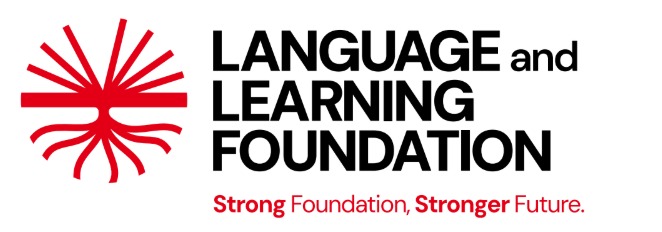Strengthening Foundational Literacy and Numeracy (FLN) ensures children’s lifelong learning.
We partner with state governments to transform the teaching of FLN in classrooms at scale.
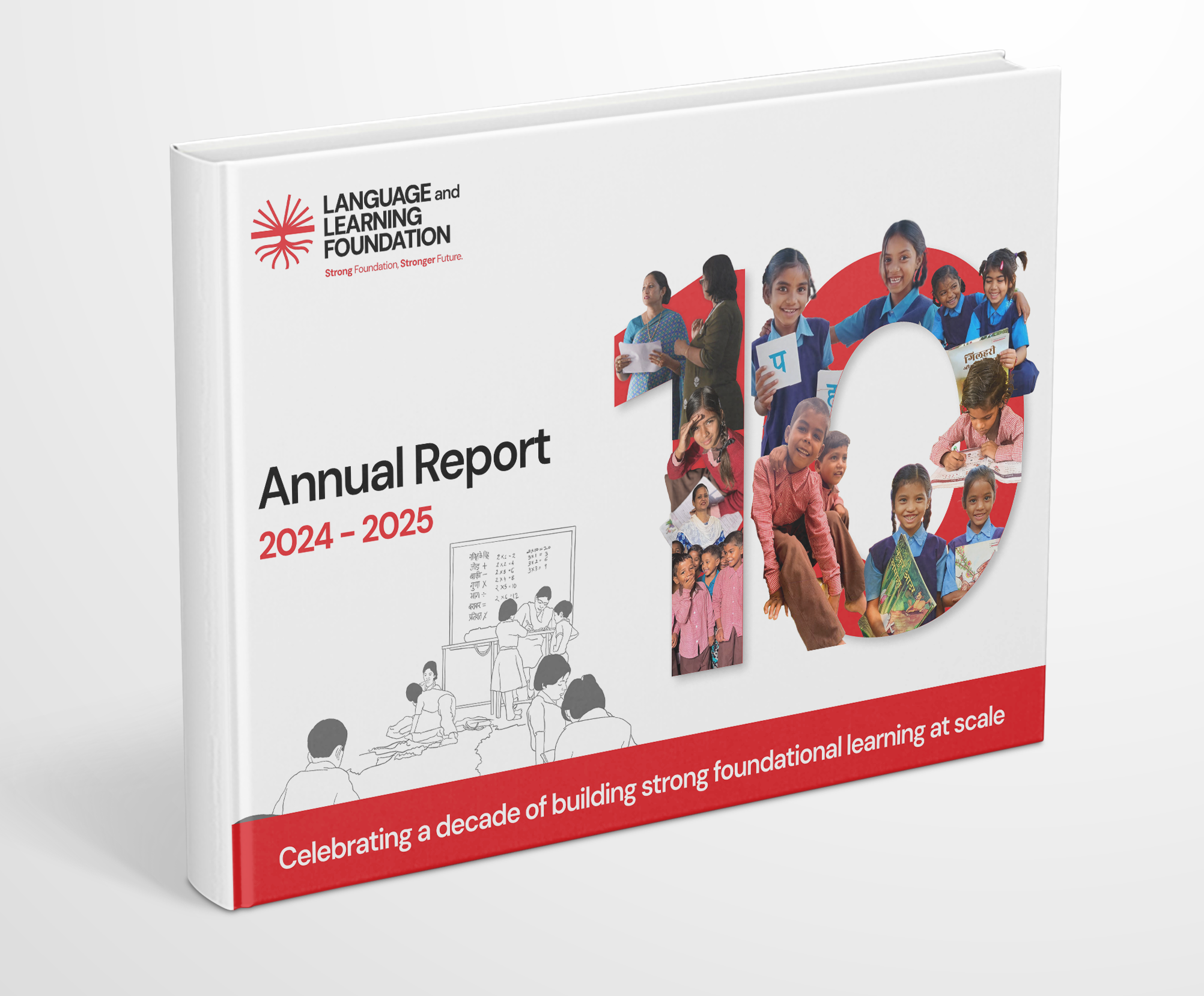

Dear Friend,
This year marks a special milestone for us, as we complete 10 years of Language and Learning Foundation (LLF).
Our latest Annual Report captures the fruition of a decade of partnerships, innovation, and systemic change, charting our path to reach 6 crore children with equitable foundational learning by 2030.
We extend our greatest gratitude to you for being a part of this journey and helping us in our mission to make strong foundational literacy and numeracy for all children a reality in India.
Warm regards,
Team LLF




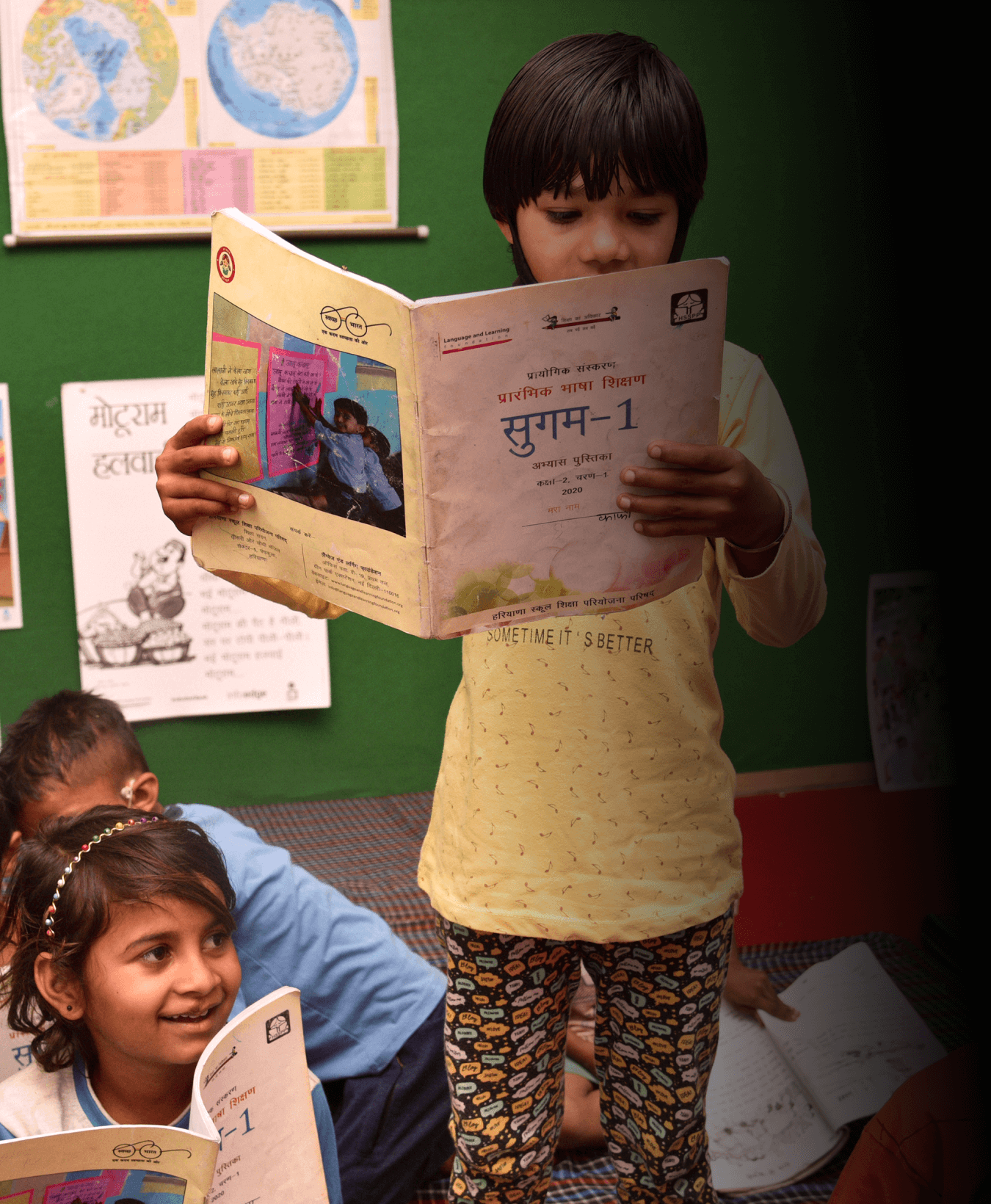
THE LEARNING POVERTY CRISIS
55% of children in India are unable to read and comprehend a simple text at age 10
Extensive global evidence indicates that when students fail to acquire strong foundational literacy and numeracy skills by Grade 3, they don’t do well in later school years and are more likely to drop out.
At Language and Learning Foundation (LLF), we are working alongside the government to close this gap in Foundational Literacy and Numeracy (FLN) at scale. We do this by
Continuous Professional Development
Building capacity in the entire education ecosystem by training teachers, mentors and administrators
Demonstration Programmes
Collaborating with government agencies at the district level to demonstrate the power of improved learning through effective FLN implementation
System Strengthening
Building the capacity of the government agencies through workshops, training programmes and demonstrating good practices to ensure that they can work on FLN solutions on their own
OUR REACH & IMPACT
(Since 2015)
Hover on the coloured states on the map to view our work.
Reached
(capacitated through state government programmes)
Impacted
(have completed our courses)
(Cumulative Data as on 31st March 2025)
Since 2015, we have partnered with 10 state governments, reaching 2.18 crore children and 11.82 lakh teachers.
WE WORK ON 3 FOCUS AREAS
Investing in Continuous Professional Development (CPD) of Teachers & Mentors
Building capacity within the system to sustain foundational learning programmes
Demonstrating strong teaching and learning practices at the district level
The most powerful way to bring about lasting systemic change is to co-design and develop an easily replicable and dynamic strategy that demonstrates clearly defined, tangible outcomes
Driving System Strengthening and Reform at Scale
We collaborate with state governments to develop and implement high-quality FLN programmes and also build commitment and capacity in the system to sustain them independently
This is achieved through statewide teacher training, improved preservice teacher education, building capacity of state institutions like State Council of Educational Research and Training (SCERT) or District Institute of Education and Training (DIET) and State Resource Groups (SRGs) to support teachers and a comprehensive student assessment with a focus on remedial support to struggling learners.
Our Unique Approach: Multilingual Education (MLE)
We use a multilingual approach by inculcating children's home and additional languages in teaching and learning as part of regular FLN state programs as it has proven to boost student learning outcomes. Our school demonstration programmes, professional development courses and workshops, and advocacy work at the national and state levels have been instrumental in bringing the MLE approach to the center stage in FLN programming.
Accountability is everything
We are a data-driven organisation and we hold ourselves accountable for the impact of FLN practices by measuring outcomes through third-party evaluations.
Student Performance in Oral
Reading and Comprehension
- Intervention
- Non-intervention
Oral Reading Fluency
Students showed an improvement in reading 42.4 words per minute in schools where the Haryana Early Literacy Development Impact Bond was implemented, compared to other schools, where the programme was not implemented.
Reading Comprehension
Reading comprehension levels of children in Grade 2 in Haryana improved to 36.7 words per minute in intervention schools compared to non intervention schools as evaluated by Educational Initiatives(Ei)(2022)
85% Average score improvement across LLF course participants in the end line as compared to the baseline. (Third-party evaluation by CERP, 2019)
51% of grade 2 students in Chhattisgarh have achieved grade-level reading comprehension versus 29% of the non-intervention group (External evaluation by Impact Partner in Social Development)
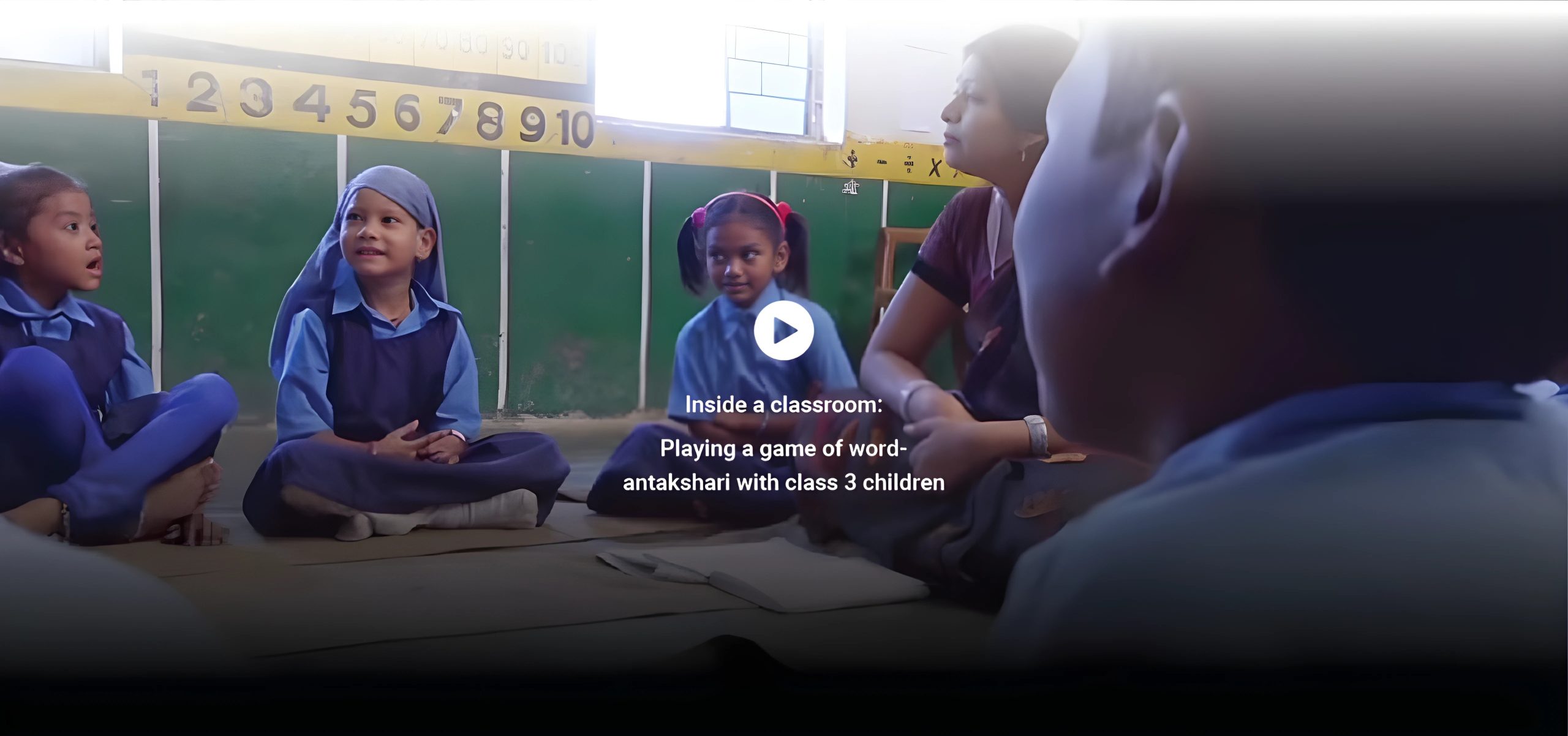

“This course has served as a stepping stone for me. I had been teaching language for many years but the course gave me a new direction and perspective on language teaching. Not only has it helped me flourish as a language teacher but also as a language resource person for the state and the district. I have formed a Professional Learning Community by the name ‘Neev’ through which I am trying to bring about a change in the language teaching of the teachers of my district.”
“This course has served as a stepping stone for me. I had been teaching language for many years but the course gave me a new direction and perspective on language teaching. Not only has it helped me flourish as a language teacher but also as a language resource person for the state and the district. I have formed a Professional Learning Community by the name ‘Neev’ through which I am trying to bring about a change in the language teaching of the teachers of my district.”
“One significant improvement as a result of the Prarmbhik bhasha shikshan course 2016 is the increase in interactive reading in my class. I have understood better what goes into pre reading, during reading and post reading. Now I encourage children to make predictions, I ask questions to stimulate their higher order thinking, I connect their reading with writing tasks and much more. I had never thought about these lines earlier! In fact, now I also ensure a print rich class for my children, even if it means that I need to spend from my own pocket With such change in my classroom practices, I can see clearly the change it is bringing about in my children – how they are becoming more and more confident, more and more engaged and how they are turning into avid readers!”
OUR PARTNERS
We are as strong as our partnerships


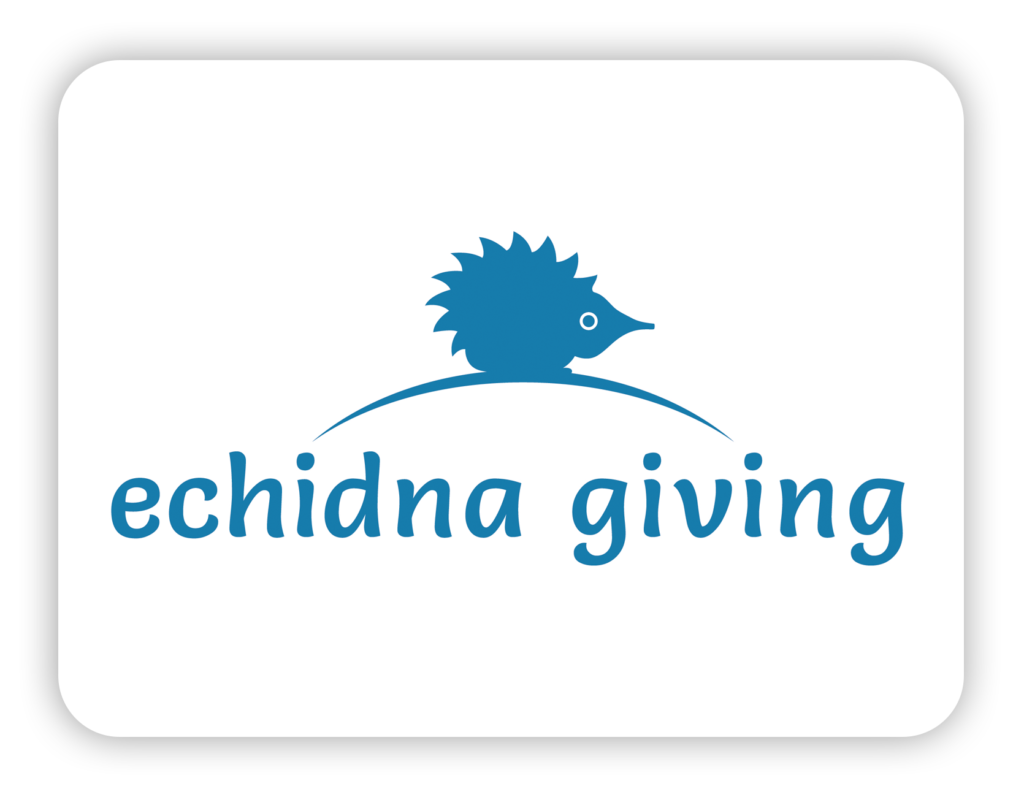
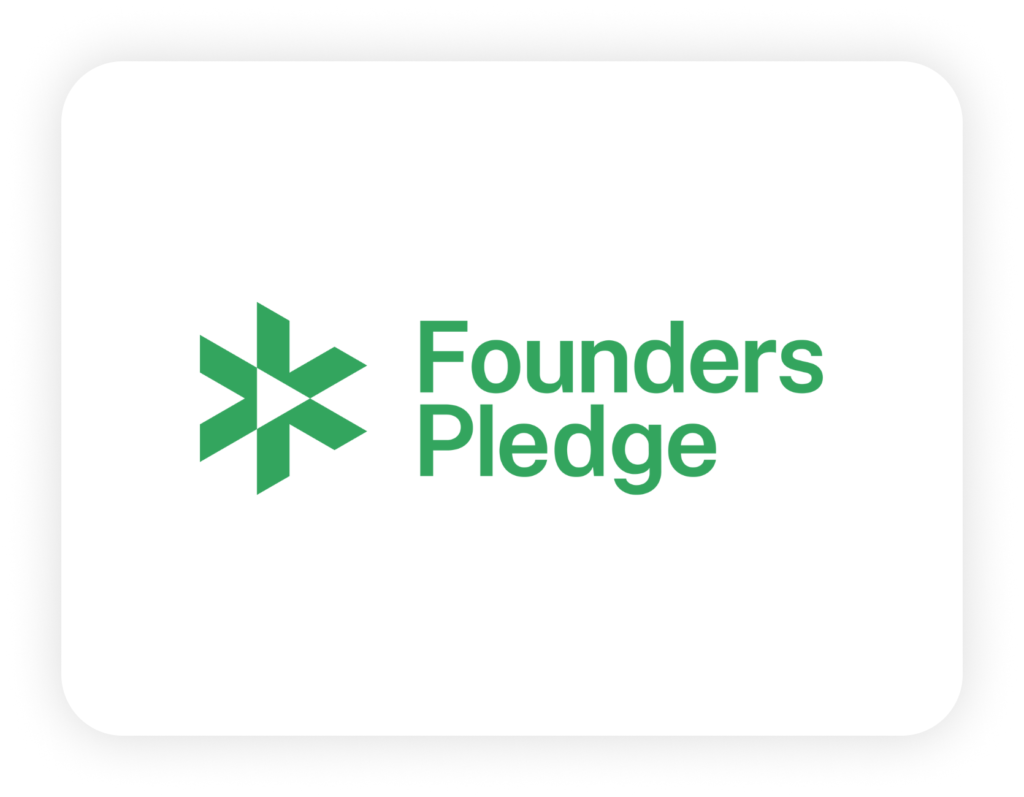
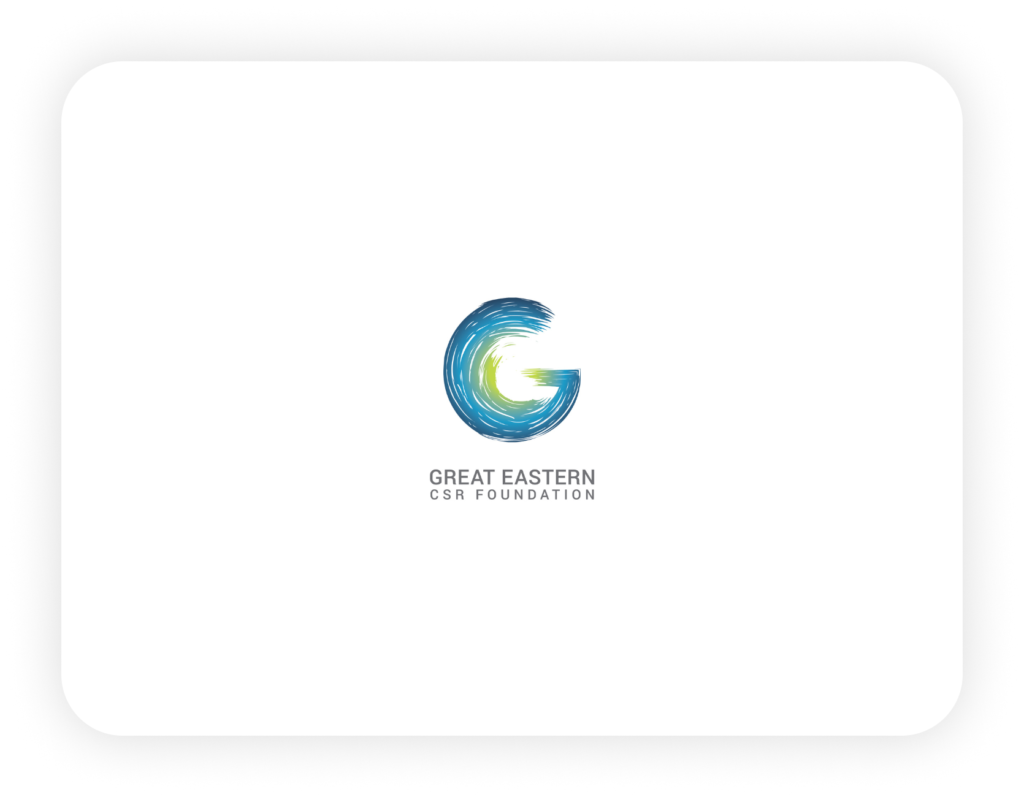

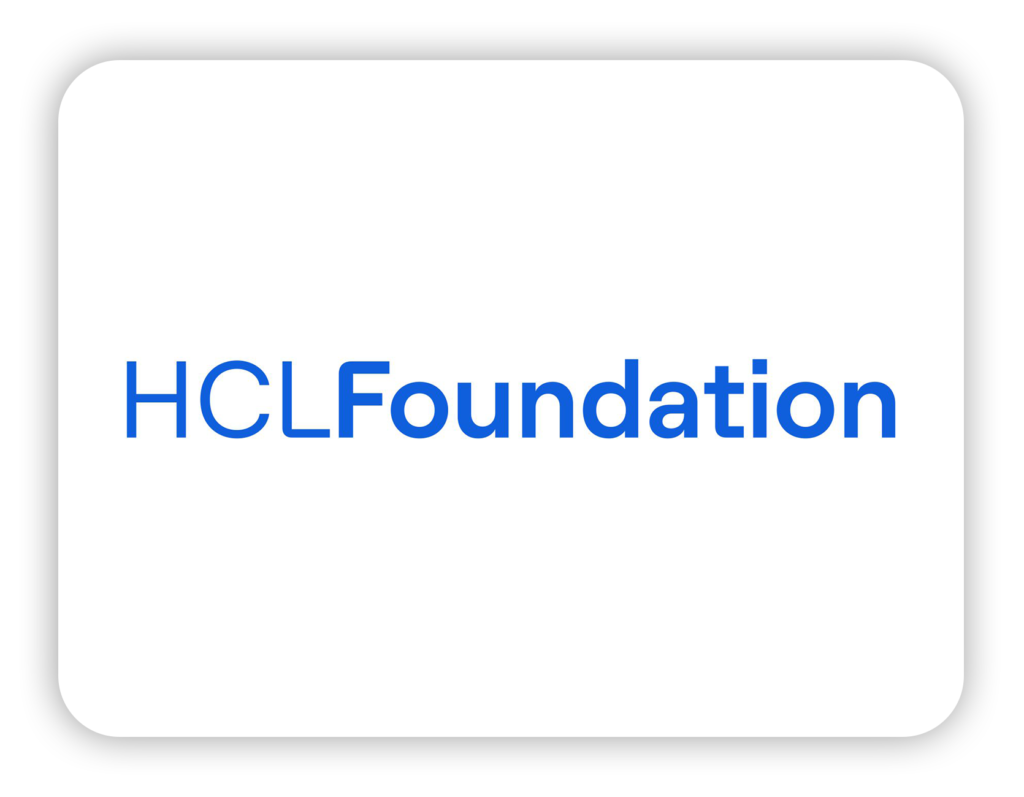
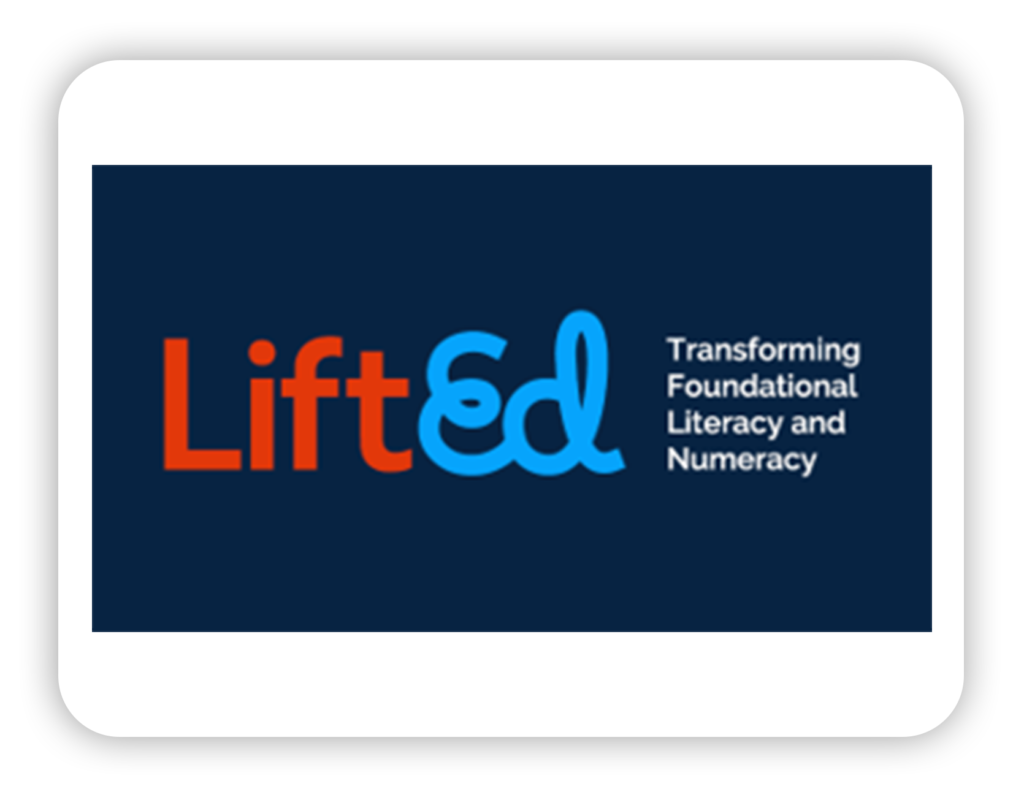
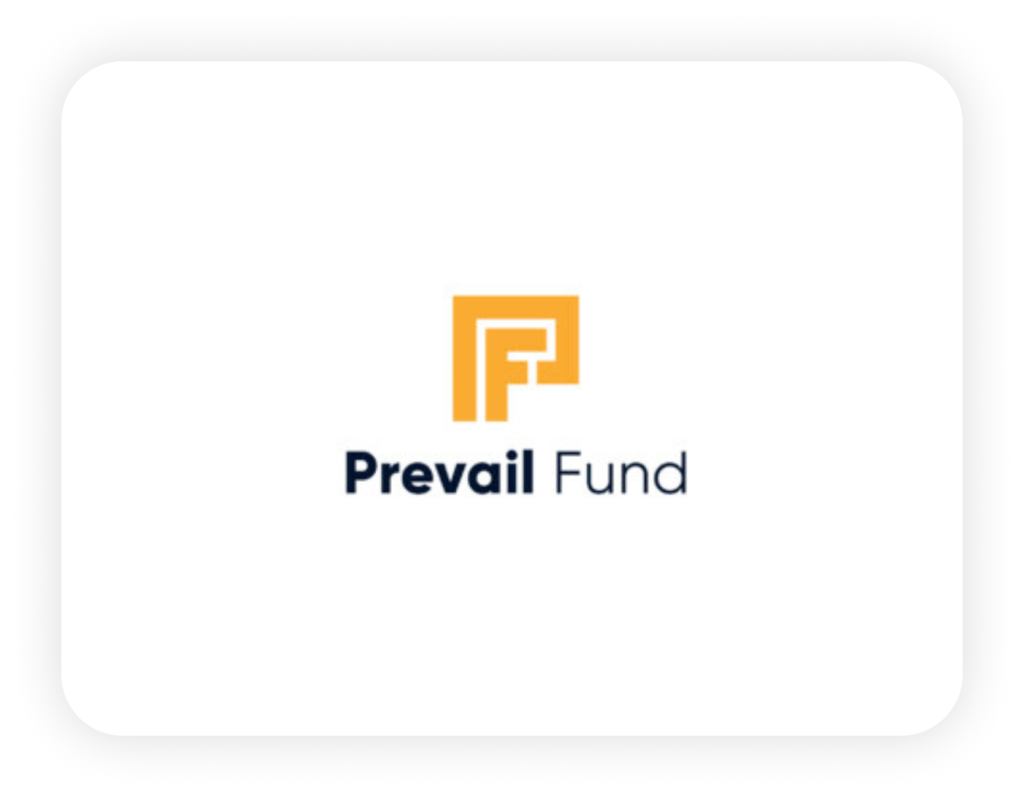




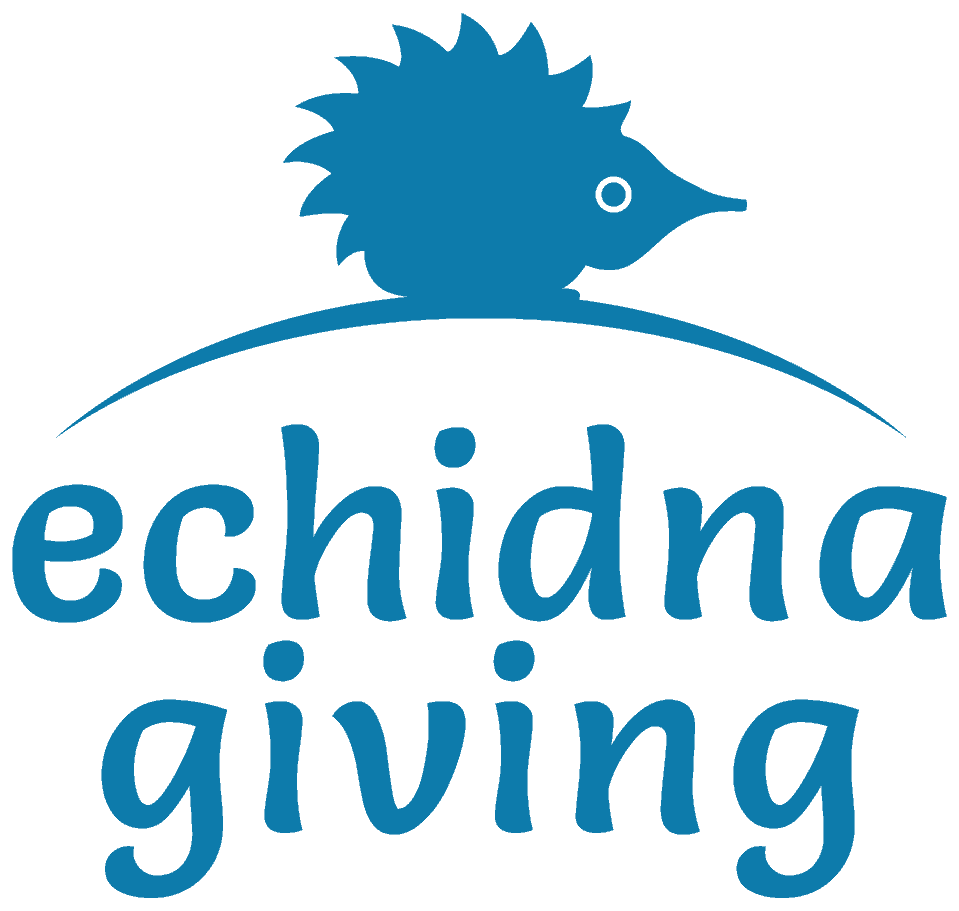
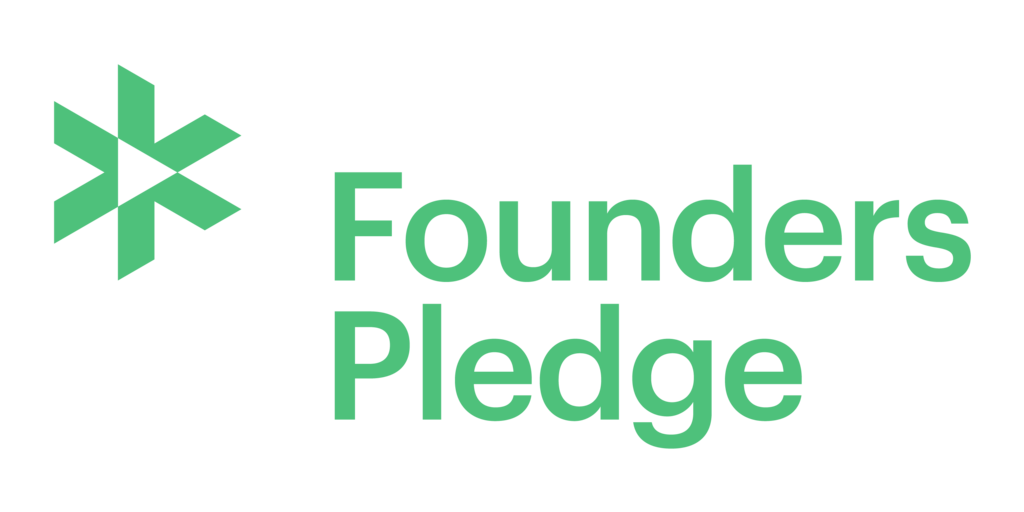



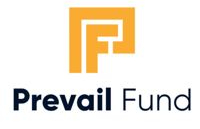



Accolades and Recognition
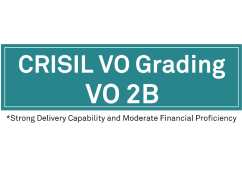
Received 2B Grading (strong delivery capability) from CRISIL (2021)
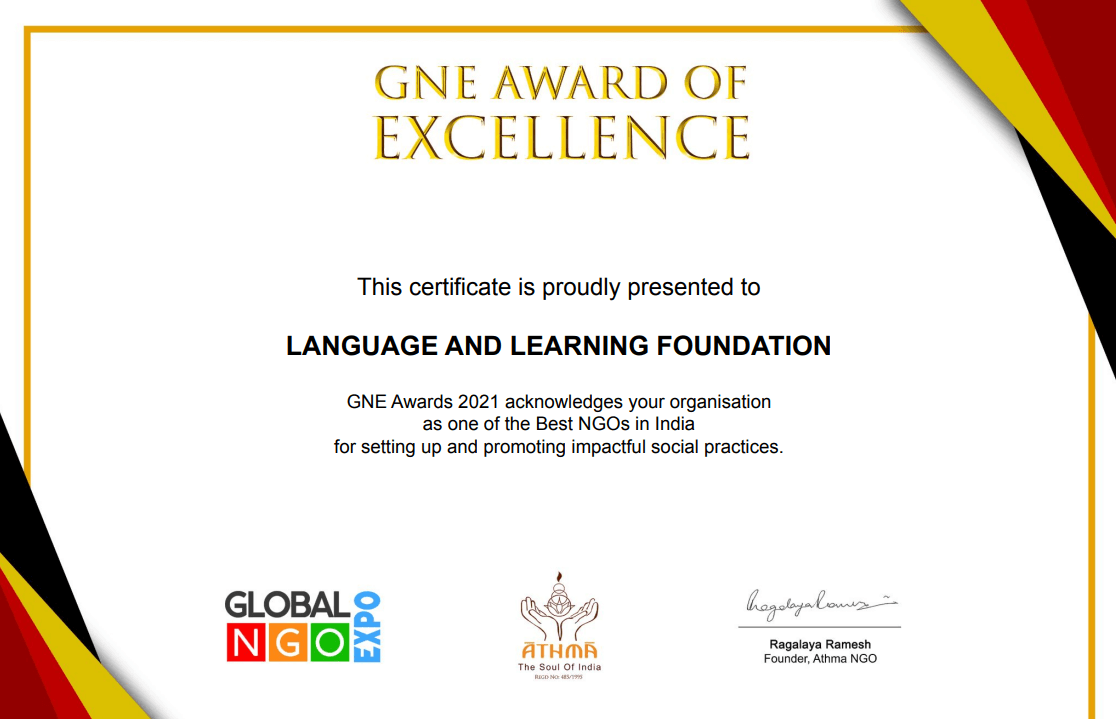
Won the prestigious GNE Award of Excellence for one of the best NGOs in setting up and promoting impactful social practices (2021)

Awarded ICC Social Impact Award 2024 in the Education category(Large Project) at the prestigious 6th ICC Social Impact Summit & Awards (2024)
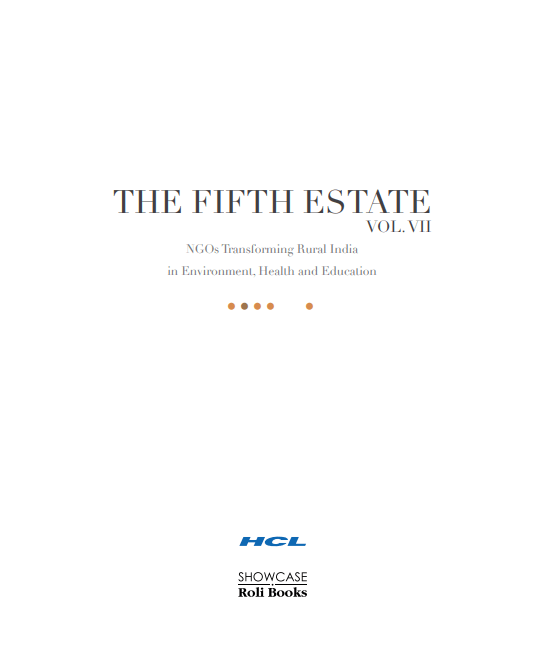
Winner of prestigious HCL Grant Edition VII in Education Category after a rigorous selection process among 15K+ applications. (2022)
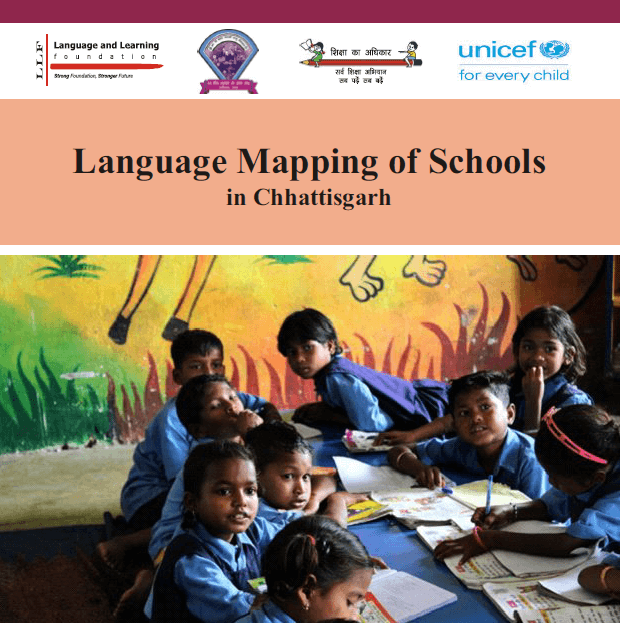
LLF successfully designed and supported the implementation of India's first-ever Language Mapping survey in almost 30,000 schools with state government of Chhattisgarh (2022)

Contributed to World Bank’s policy approach paper ‘Loud & Clear’ on effective language of instruction for learning (2021)
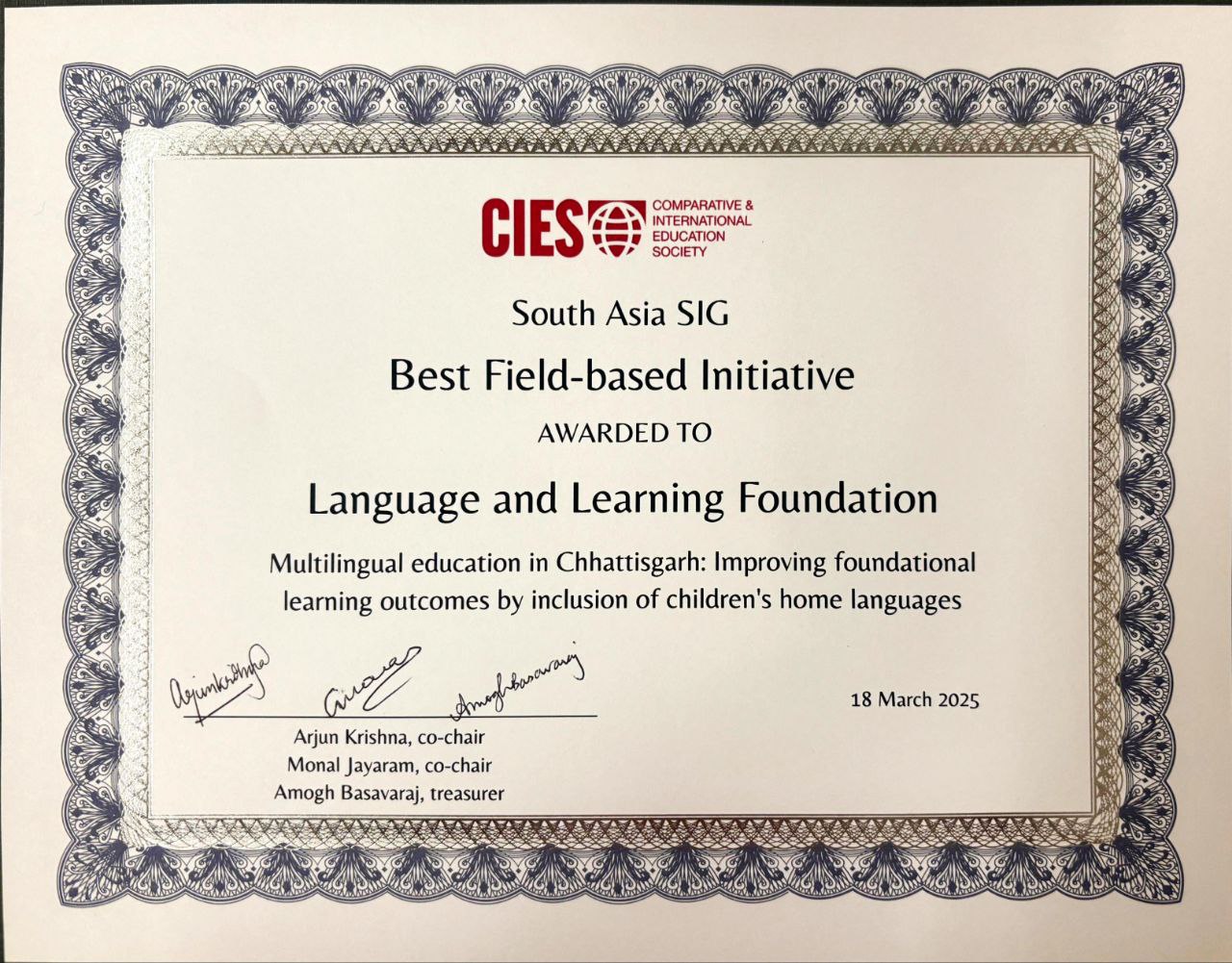
LLF’s initiative, "Inclusion of Children’s Home Languages to Improve Foundational Learning Outcomes for Tribal Children in Chhattisgarh," has won the 3rd Nexus of Good Annual Award in the Education Category. Through this Multilingual Education (MLE) programme, we integrate children’s home languages into teaching, empowering over 38,000 students in 1,524 schools across Chhattisgarh's Bastar region. The programme, aligned with NEP and NCF, supports teachers, develops resources, and engages communities to improve foundational literacy and numeracy for tribal children.
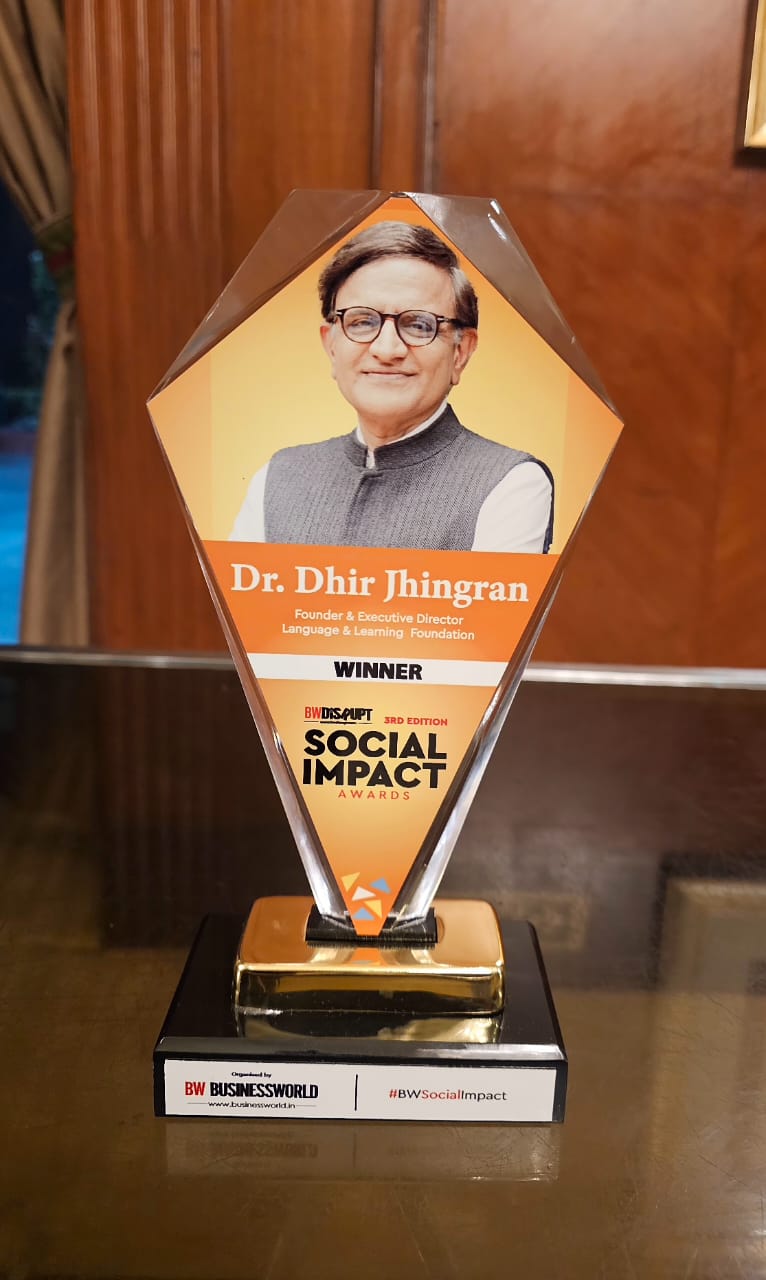
LLF’s Founder & Executive Director, Dr. Dhir Jhingran was honoured with the prestigious BW Disrupt Social Impact Leader Award at the 3rd edition of BW Social Impact Awards 2024. The award celebrates individuals and organisations driving social impact across India.
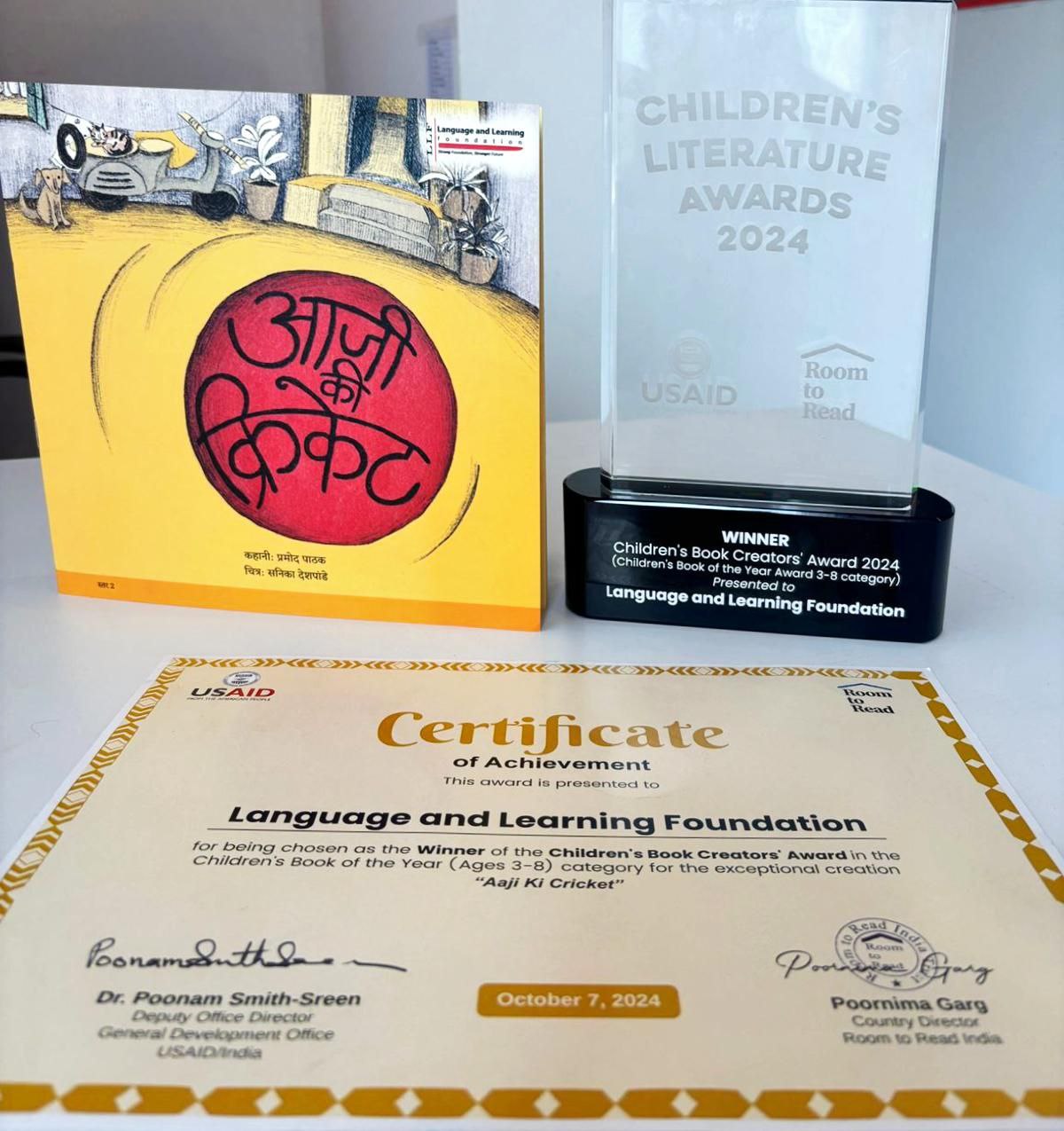
LLF won the Children's Book Creator Award 2024 organised by Room to Read. This was in the Children's Book of the Year category (Age 3-8 years) for the book titled "Aaji ki Cricket", written by Pramod Pathak and illustrated by Sanika Deshpandey.
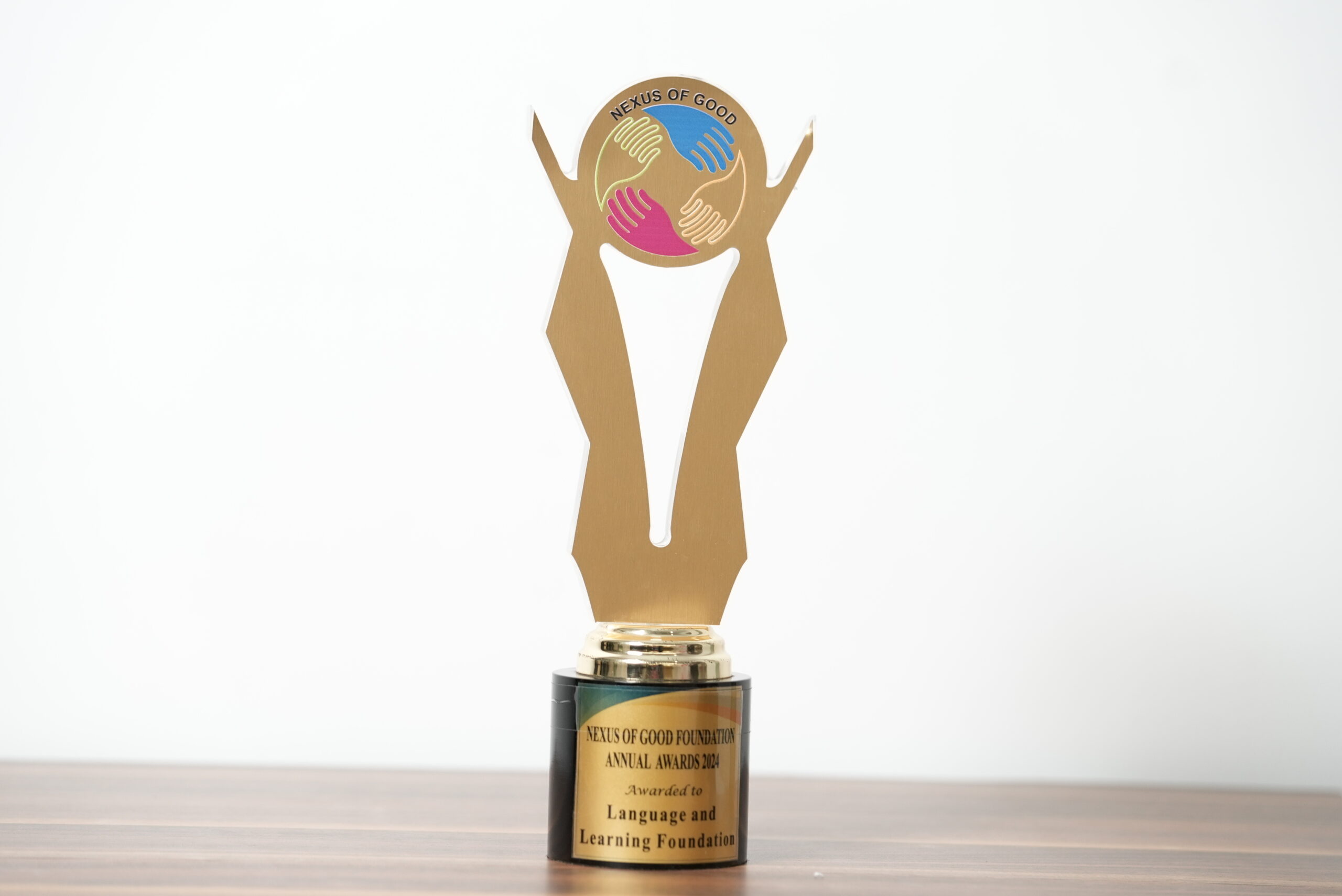
3rd Nexus of Good Foundation Annual Award 2024 (Education Category) LLF’s Multilingual Education Programme was recognised for impacting 38,000+ students across 1,524 schools in Chhattisgarh's Bastar region.
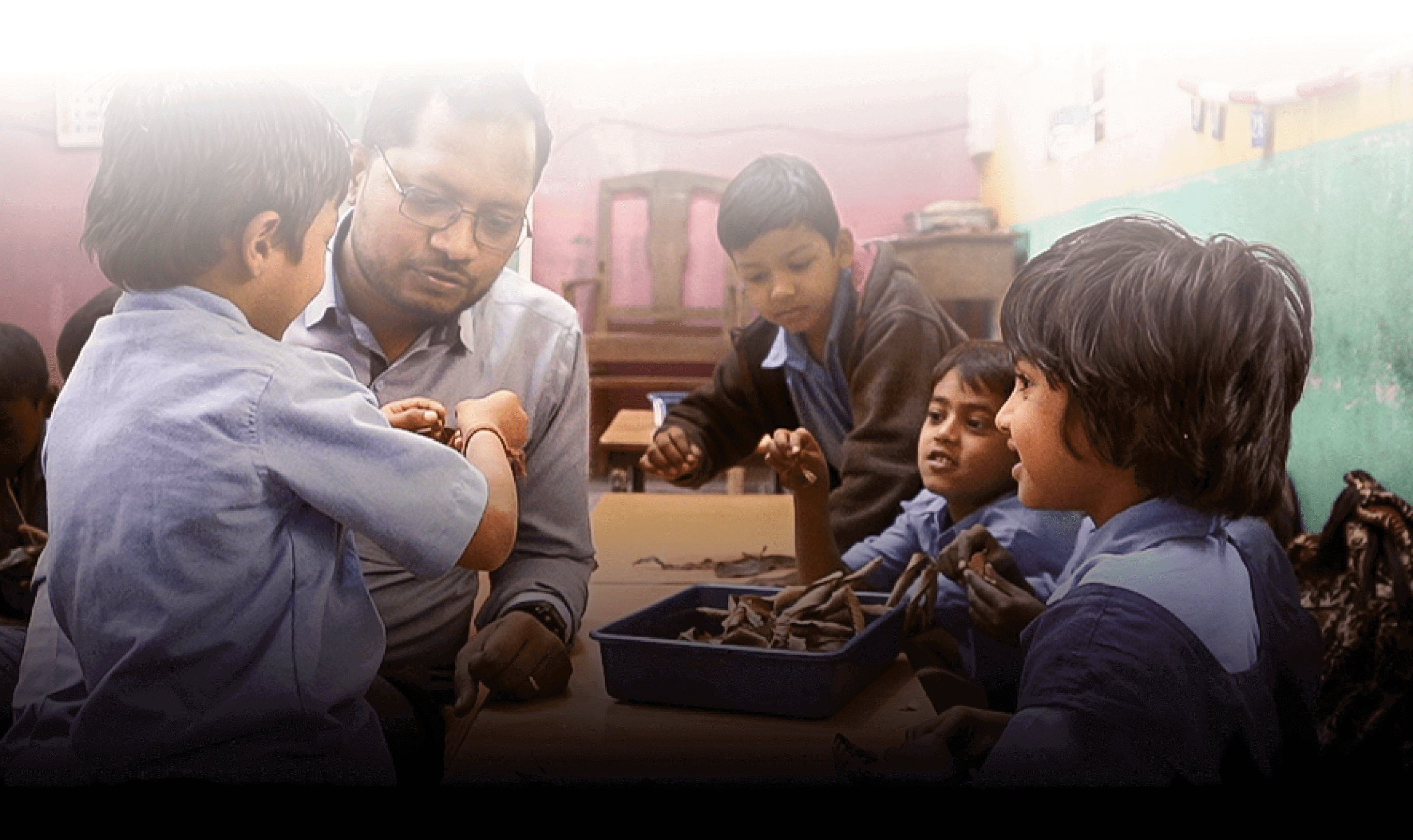
2030 MISSION
Donation will be eligible for exemption under section 80G of the Income Tax Act, 1961
- https://www.zez-silko.com/
- https://intranet.ifjs.fr/
- https://ticnegocios.camaradesevilla.com/
- https://demo.cccd.unizik.edu.ng/
- https://siab.ieproes.edu.sv/
- https://lib.gluk.ac.ke/
- https://jurnal.fppti.or.id/
- https://sida.aau.edu.et/
- https://inamo.mixh.jp/
- https://revista.infectologia.info/
- http://www.lamusicawards.com/act/jeryl-thompson/
- https://had18.huluhk.org/
- https://totoweb.ir/about/
- https://lpm.uinbanten.ac.id/
- https://g-dart.com/contact/
- https://perwiraindonesia.com/
- https://www.ahakiinstitute.ac/who-we-are/
- https://asomh.org.my/directory/
- https://www.commissioning.org/applyingforcxacertification/
